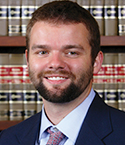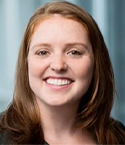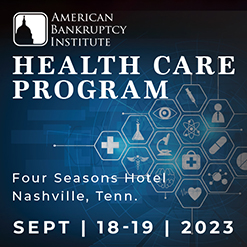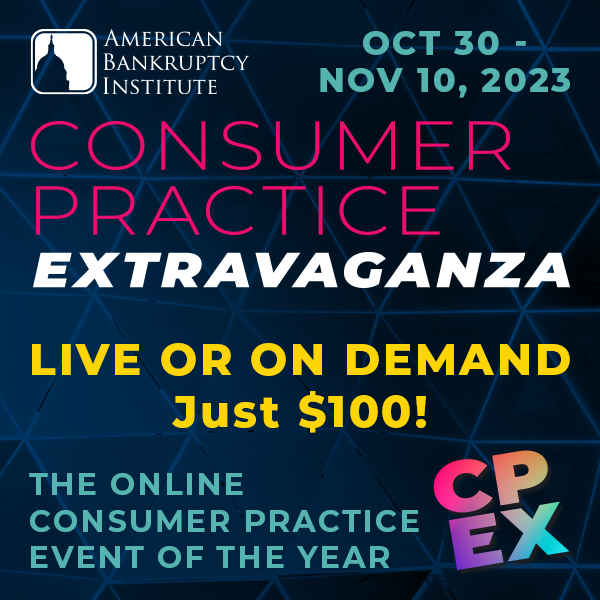| |
| |
| vol 21, num 1 | September 2023 |
| |
|
|
| |
|
|
|
|
|
| |
| Chapter 7 Trustee Who Does Not Object to “Arguably” Inapplicable Claim of Exemption Does Not Forfeit Right to Later Argue that Exemption Does Not Apply |
| Sometimes it is better for the trustee not to object to an “arguably” inapplicable claim of exemption. That’s one of the takeaways from the Sixth Circuit’s recent decision in Biondo v. Gold, Lange, Majoros & Smalarz P.C. (In re Biondo).
In Biondo, a chapter 7 debtor listed an “auto accident” claim in her schedules with an unknown value. She sought an exemption for the claim under 11 U.S.C. § 522(d)(11)(D). The trustee did not raise a timely objection to the debtor’s exemption. Rather, the trustee pursued the claim for the benefit of the estate. The trustee was able to obtain two settlements related to the claim: The first settlement covered the debtor’s “medical expenses, attorney’s fees, ‘lost wages,’ and all ‘other forms of economic or non-economic loss.’” The second settlement simply covered the debtor’s “pain and suffering.”
|
| |
|
|
|
|
| |
|
| |
| Justice Department Announces New Director of the U.S. Trustee Program |
|
Consumer and business bankruptcy attorneys alike have been conditioned to feel fear or awe, depending on the circumstances, at hearing the name Clifford White for almost 20 years. When White announced in 2022 that he would retire, consumer practitioners had been looking forward to the announcement of the new director, mostly to identify the focus that the U.S. Trustee Program would take. Could we anticipate a director with a business focus as interest rates grow and the controversial Texas Two-Step is in limbo, or a consumer-experienced director with the anticipated rise in consumer filings and the struggles of inflation coming to light?
|
| |
|
|
|
|
| |
|
| |
| The Passive Voice Strikes Again: § 523(a)(2)(A) Excepts the Debt, Not the Debtor |
| Congress’s decision to use the passive voice has cost at least one debtor the discharge of a significant debt. The U.S. Supreme Court in Bartenwerfer v. Buckley ended a long journey through the Ninth Circuit for a debtor whose husband committed fraud and when she sought to discharge the debt that resulted from a judgment for that fraudulent action. Instead of analyzing whether the debtor was culpable in the fraud, the Supreme Court instead held that the debt — not the debtor — was the subject of 11 U.S.C. § 523(a)(2)(A), and since the debt itself resulted from fraud, it could not be discharged. |
| |
|
|
|
|
| |
|
| |
| Consumer Practice Extravaganza (CPEX) Returns This Fall |
| One of the most highly anticipated events of the year, ABI’s online Consumer Practice Extravaganza (CPEX) will return October 30-November 10, with on-demand access for an additional 60 days. Now in its third year, CPEX offers a wealth of CLE for the incredibly low price of just $100. Sessions this year will feature such topics as student loan discharge, chapter 13, subchapter V and artificial intelligence, as well as presentations on changes to forms and other matters. |
|
|
| |
|
|
|
|
|
|
|
|
|
| |





